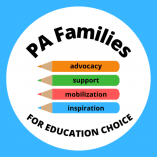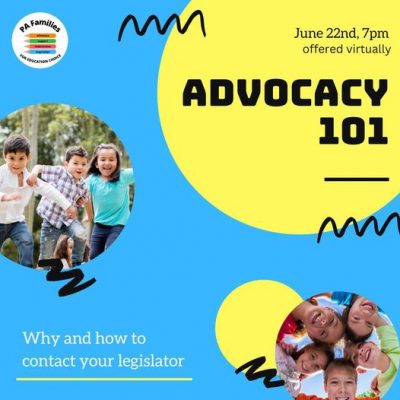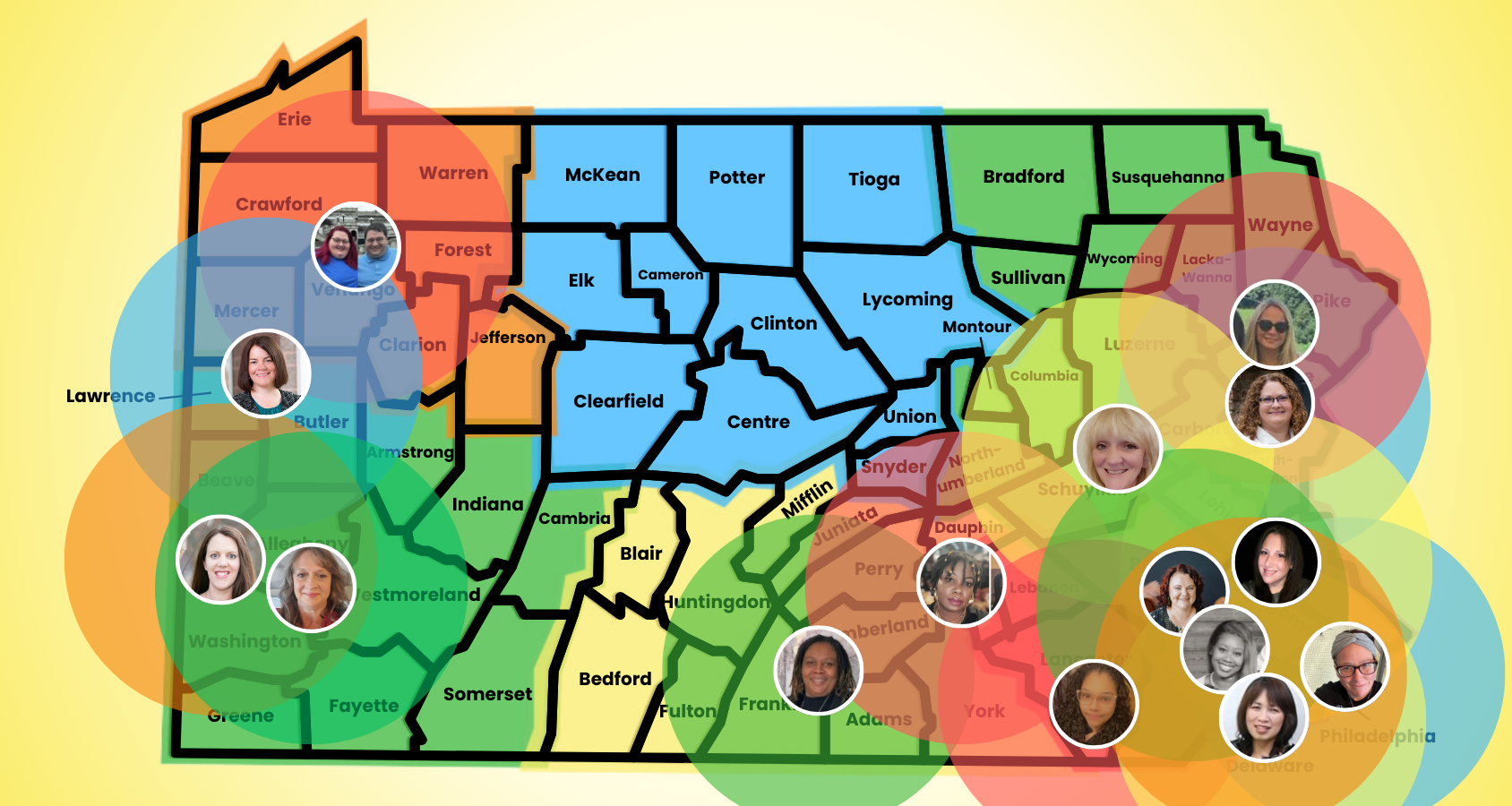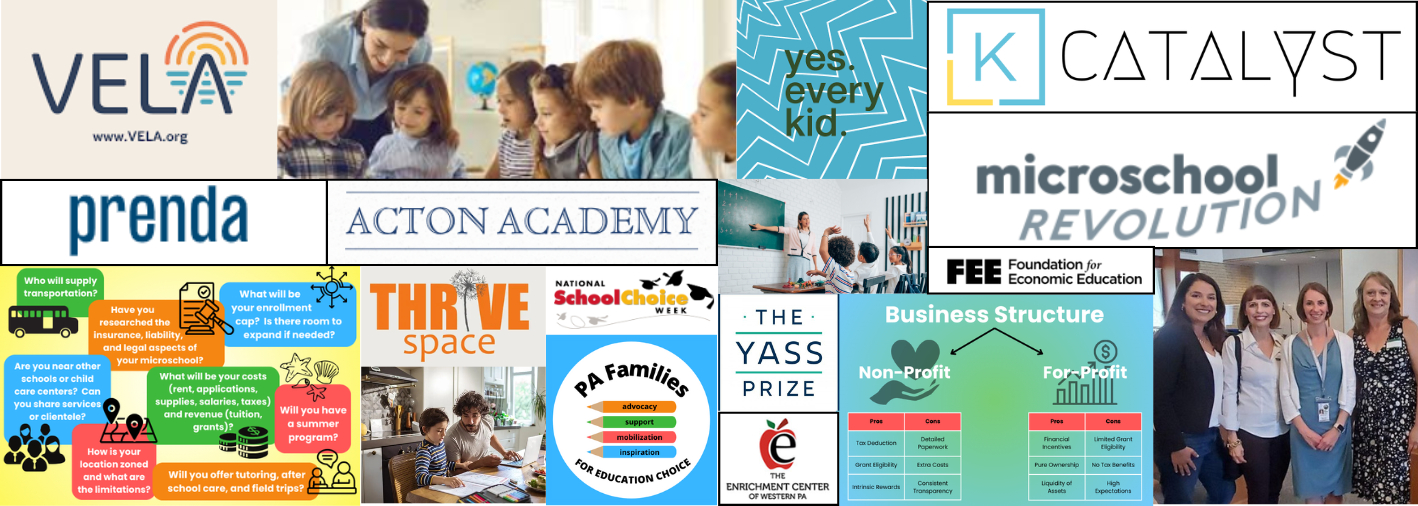“To Define is to Regulate”
April 25, 2024 | Sharon Sedlar
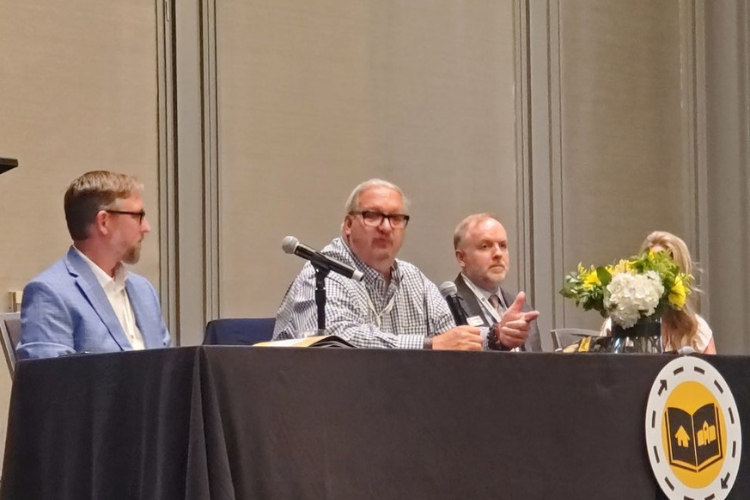

Last week, I attended one of my favorite events with 300 others from across the nation – the Kennesaw Hybrid Schools Conference. I was surrounded by education policy experts, microschool founders, educators, researchers, and fellow advocates. The room was electric – full of current and future edupreneurs (education entrepreneurs), who are listening to parents and creating solutions to pressing education concerns.
The stories and talks were informative and inspiring with people like:
Dalena Wallace, Kansas homeschooling mom of 6, founder of Wichita Innovative Schools and Educators, and AIM Educational Collaborative.
Mike Donnelly, Vice President of yes. every kid. foundation., homeschooling dad of 7, and prior HSLDA Senior Counsel; now heading up legal assistance to edupreneurs as discussed in this podcast from Kerry McDonald.
Dr. Angela Watson, of Johns Hopkins University School of Education, unveiling a treasure trove of national data on homeschooling (see PA info here).


The conference also had it’s share of lessons learned. We were reminded by Robert Randolph, Research Director of the Family Enterprise Center for KSU, that edupreneurs need to be thoughtful when crafting programs and schools. They need to include “ownership guardrails,” including long-term planning and strategic management so that their efforts stand the test of time.
But the words that were most striking (to me) were those of Robert Enlow, of EdChoice: “To define is to regulate.” He cautioned against fitting these edupreneurial pursuits into a nice, neat little “box.”
Edupreneurs exist because the “box” known as (sometimes) limiting and static traditional education cannot serve every unique child or family. Some children thrive in a busy and exciting environment with freedom to move around, go outdoors, or play sports as part of the curriculum; others prefer a quiet, serene space where they can think and ponder, read a book, write, experiment, and discover. Other children prefer a small school (maybe hosted on their parents’ farm or in a nearby church), while some may long for an inner-city, hustle and bustle environment, perhaps close to the arts or museums.
So while perhaps comforting to have a name, structure, or checkbox to categorize, that must be resisted so that edupreneurs can keep rolling out education options as unique and special as the children they serve.
